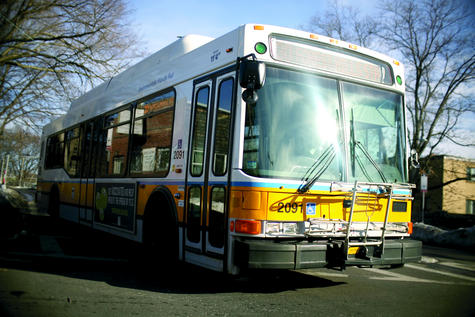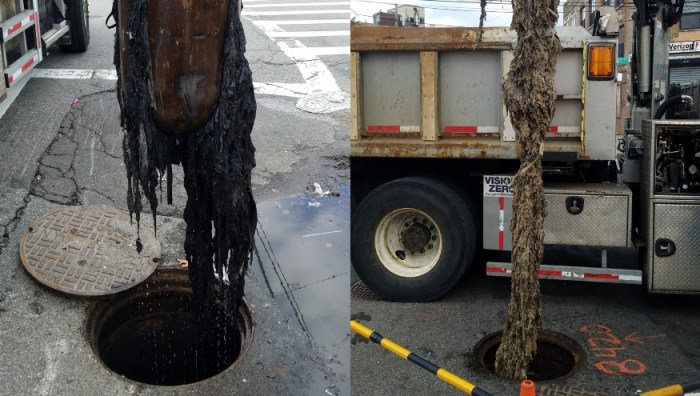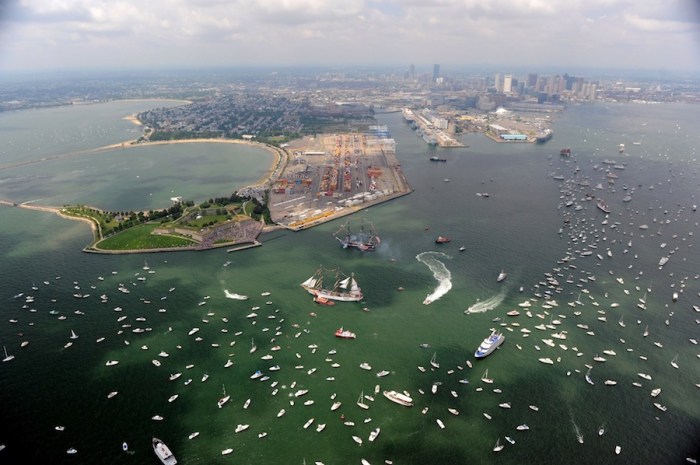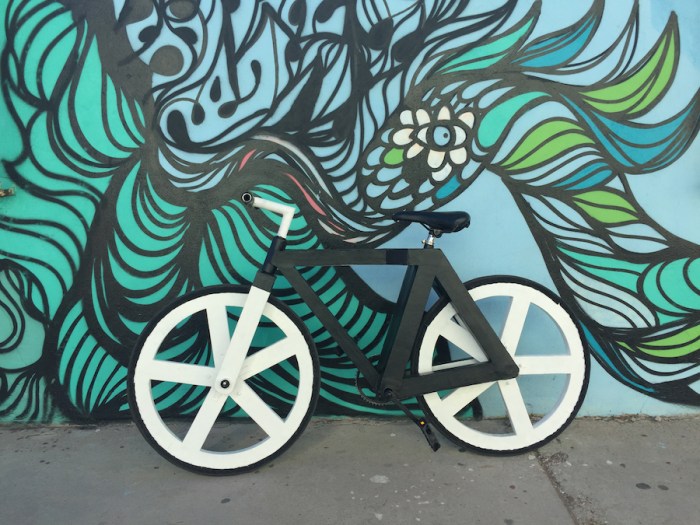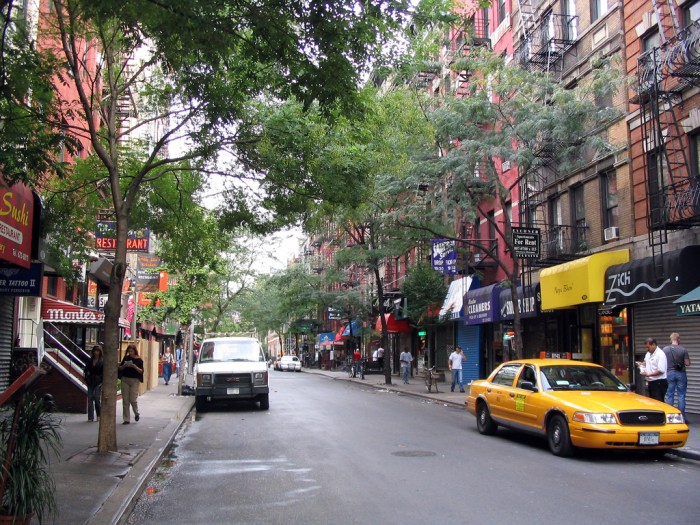Environmental advocates, medical professionals and members of a public interest group are calling on the MBTA to switch completely to electric buses, saying the transition is necessary to protect the health of residents and the environment.
“The majority of America’s buses remain dirty — burning fossil fuels like diesel that put the health of our children and communities at risk and contribute to global warming,” stated the report released Thursday by the Massachusetts Public Interest Research Group (MASSPIRG).
The MBTA fleet includes diesel, compressed natural gas and diesel-electric hybrid buses. MASSPIRG is asking for the transit agency to transition to 100 percent electric buses by 2030.
“Cities around the world are making this exact commitment — this 100 percent by 2030 — including Los Angeles, Seattle, Paris,” said Matt Casale, a staff attorney with MASSPIRG. “It really is a movement at this point. These cities are taking the lead doing great things, and we think it’s time in Massachusetts — where we like to be first, we like to be leaders — it’s time for us to step up.”
Adult exposure to diesel pollution contributes to 27,000 heart attacks, 14,500 hospitalizations and 2.4 million lost workdays in the country each year, according to the Clean Air Task Force. Diesel exhaust has also been linked to causing respiratory disease and worsening asthma, and is internationally recognized as a “cancer-causing agent.”
It’s not just adults at risk — these health effects are especially pronounced in children, Casale said.
“It’s not just on the bus, it’s in the community where the bus is driving by,” he said.
Though there is an upfront cost with switching to electric buses, Casale said that some of that initial cost can be covered by the Volkswagen Diesel Settlements. Massachusetts will get $74 million from the settlement, but federal grants and partnerships with utility companies can also help offset the cost of switching.
“Then, once you get past the initial cost, electric buses are actually cheaper for transit agencies to fuel, maintain and operate,” Casale said. “If the MBTA switches … over the lifetime of a bus, usually about 12 years, the MBTA is actually going to save money.”
The Chicago Transit Authority estimates that each electric transit bus in its fleet saves the city $25,000 in fuel costs every year.
Casale, along with a Mass General pulmonary critical care doctor and a member of the nonprofit Sierra Club, will make the call to arms outside Ruggles MBTA station Thursday morning and convey the urgency of action, Casale said.
“The World Health Organization [this week] came out with a new report on air pollution … that it leads to 7 million people killed each year,” he said. “While there’s a lot we need to do, transportation is a huge part of that, and switching over to electric buses can make a huge impact.”

